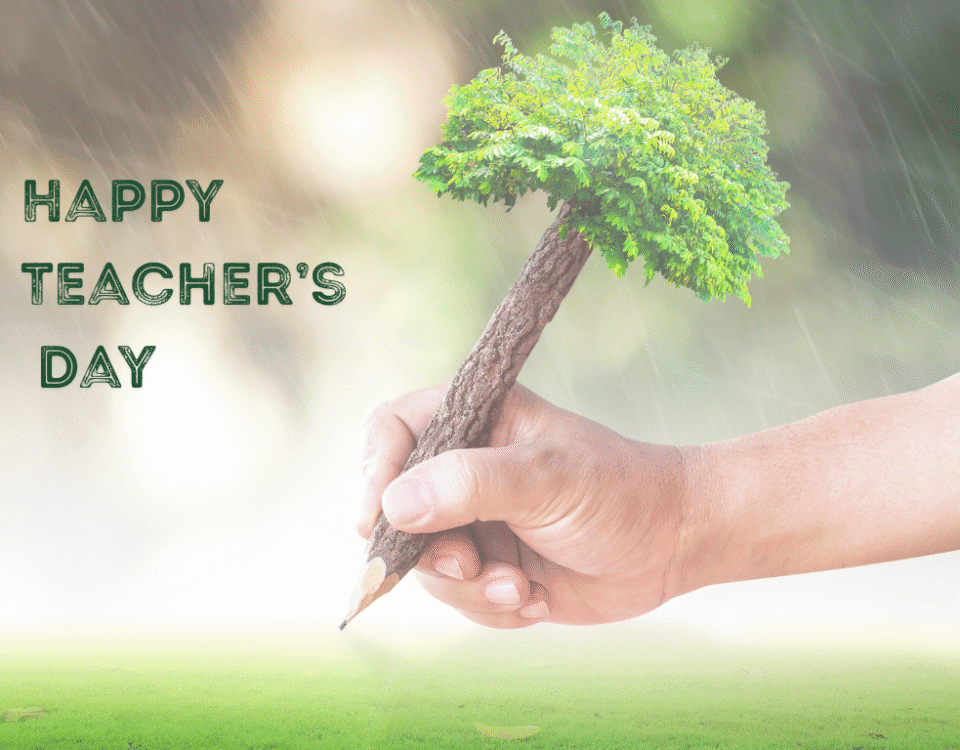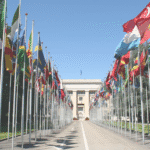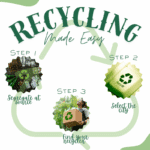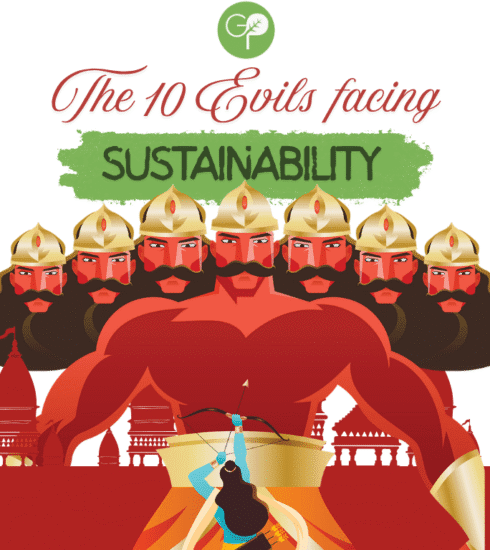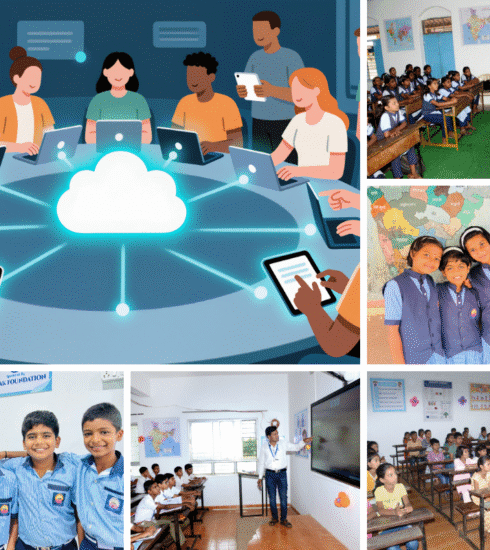Teacher’s Day Special: Showcasing Inspiring Role Of the Climate Mentors
We all remember teachers who went beyond lessons and grades — the ones who shaped how we thought, acted, and even saw ourselves. They didn’t just teach formulas or narrate stories; they sparked imagination, stirred curiosity, and instilled values that guide us to this day. That’s the true magic of teachers — a magic we honour each year on Dr. Radhakrishnan’s birthday, celebrated as Teacher’s Day. This year, we see that magic in a new light: teachers as climate mentors. Imagine classrooms where sustainability is as natural as reading and math, and small lessons bloom into a generation ready to live consciously. Because when teachers lead with purpose, children learn to lead with responsibility.
Teachers Sparking Sustainable Change
When we spoke to Priti Raichura, we unlocked the magic of teaching sustainability to little ones through Montessori methods. But what about high schoolers? How can they continue their eco-journey? Easy! With the right climate mentor, anyone can embark on and grow in their sustainability adventure, because a great teacher doesn’t just teach but also inspires learners at every stage to think differently, act responsibly, and live consciously.
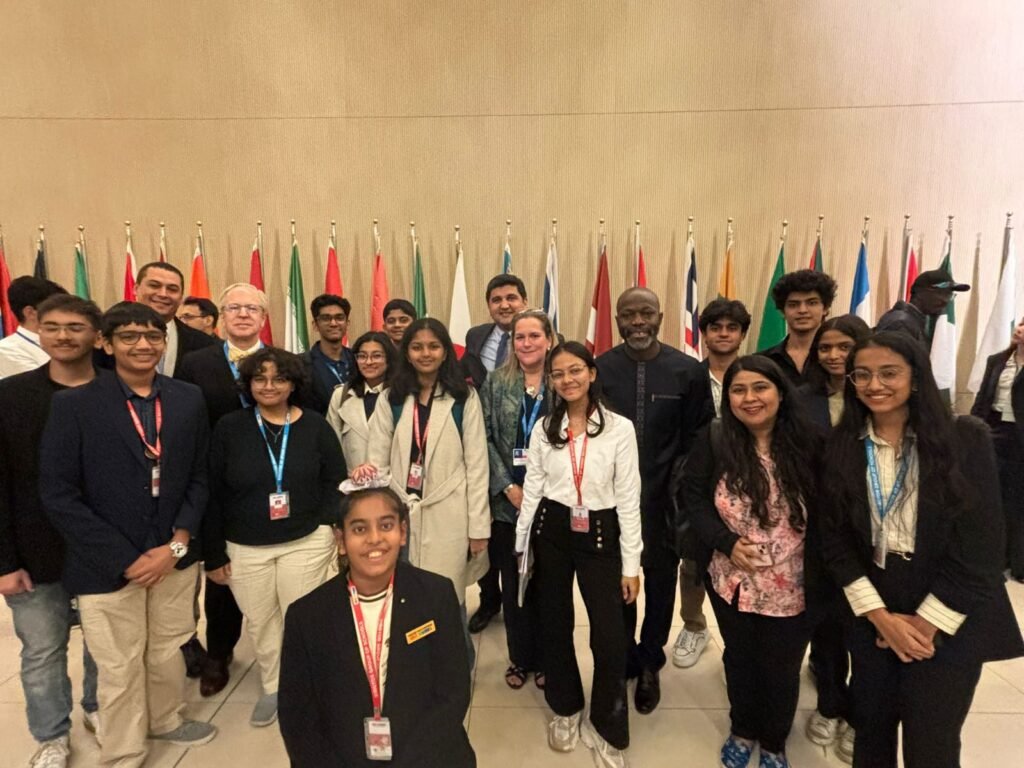
Building on this idea, we reached out to Pooja Godfrey, an eco-educator from Mumbai and the founder of ClimaLearn. ClimaLearn provides high school students with hands-on, experiential learning that not only deepens their climate literacy but also equips them for India’s rapidly evolving green job market.
Here’s Pooja sharing her climate wisdom and her inspiring vision for a greener, sustainable future.
Q&A With Pooja on Sustainability
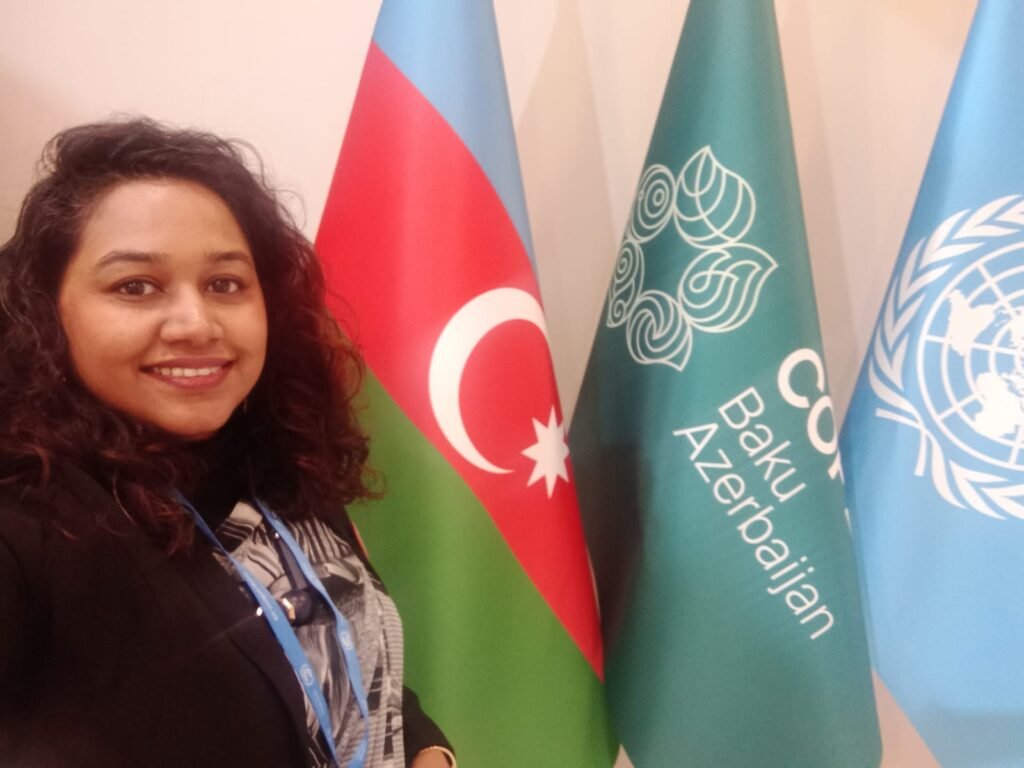
About ClimaLearn
- What inspired you to create ClimaLearn, and how does it help teachers and students?
Partnering with my co-founder, Mr Manjunath Prabhu, and witnessing the impact of the programme in its early stages inspired me to create Climalearn. What began as an initiative soon became a life calling—to reach out to schools across India and beyond, empowering teachers with the right tools and guiding students to become climate-conscious global citizens.
- What impact has ClimaLearn made so far, and where do you see it going next?
Climalearn has grown into a globally connected community, working closely with international and local climate experts, activists, and policymakers. Looking ahead, we envision expanding our reach to more schools, strengthening international collaborations, and equipping the next generation with the skills and mindset needed to thrive in a climate-challenged world.
Role of Climate Mentors
- In your view, how can teachers be the first “climate mentors” for children?
Teachers working with students at an age when they are most curious, impressionable, and eager to absorb ideas are uniquely positioned to serve as mentors who can seamlessly integrate climate sensitivity across various subjects.
- What are some simple, eco-friendly activities teachers can introduce to different age groups that leave a lasting impact?
In my opinion, individual actions must be understood as part of larger environmental systems, helping students see how collective efforts and structural changes create lasting impact. Activities like the Chipko Movement role-play allow them to step into the shoes of villagers, activists, or policymakers, experiencing firsthand how community action and leadership protect the environment. Similarly, a climate negotiation simulation transforms the classroom into a mini-UN, showing how decisions on energy, emissions, and finance ripple into real-world consequences, making global issues tangible and impactful.
- Have you seen examples where a small eco-friendly initiative by a teacher grew into a lifelong habit or even a movement among students?
Yes, I believe I am a living example of that. In school, my teachers introduced me to the importance of conservation, and in college, I engaged in activities around carbon footprints. Those small seeds grew into a lifelong passion, and today I have the privilege of reaching thousands of students across India, sensitising them and teaching climate education.
- Today, how can teachers guide students in becoming mindful, ethical consumers and citizens?
Teachers, as we do through the Climate Academy, Climalearn’s flagship programme, can guide students in becoming mindful, ethical consumers and citizens by teaching them to critically evaluate misinformation and consumer myths. By sharing powerful news stories and visuals on fast fashion and overconsumption—such as the fact that we already have enough clothing to clothe the next three generations—they can highlight how unchecked consumerism pushes us past Earth Overshoot Day, depleting our annual ecological budget at an alarming speed and accelerating global warming.
- What are the biggest challenges teachers face in introducing hands-on/practical sustainable projects, and how can schools or parents support them better?
One of the biggest challenges teachers face is a lack of confidence and training in teaching climate change and sustainability—something the UNESCO report (2021) highlighted, where very few teachers felt prepared to teach about climate change. Without adequate knowledge or resources, many hesitate to take up hands-on projects like waste audits, composting, or renewable energy experiments.
To address this, schools need to prioritize structured training and capacity-building for teachers first, while parents can reinforce these efforts by modelling and encouraging sustainable practices at home. When teachers are empowered, they become catalysts who can successfully integrate practical projects that leave a lasting impact on students.
A Personal Perspective
- As a global advocate, how do you think Indian teachers can connect global sustainability issues to students’ local lives?
As a global advocate, I believe teachers in India can make sustainability education truly meaningful by linking global perspectives with local realities. At our organization, we provide students with opportunities to engage with international forums and thought leaders, while also ensuring their learning is rooted in community-based projects. In this way, they learn to see how local challenges connect to global concerns, while also gaining platforms to share their voices as emerging changemakers.
- Looking back, is there a teacher or mentor who shaped your own path as an eco-educator?
While my early educators certainly played a role in sensitising me, it was Matthew Pye, the founder of the Climate Academy, whom I met at the Nobel Prize Teacher Summit in Stockholm, who truly shaped my path. Under the tutelage of Mr. Shim Mathew, Director of International Partnerships at a leading international group of schools, I was able to pioneer the launch of the first Climate Academy in Asia.
Here’s wishing Pooja and ClimaLearn great success in nurturing the next generation of eco-champions.
Thank Teachers: Stay Curious, Stay Green
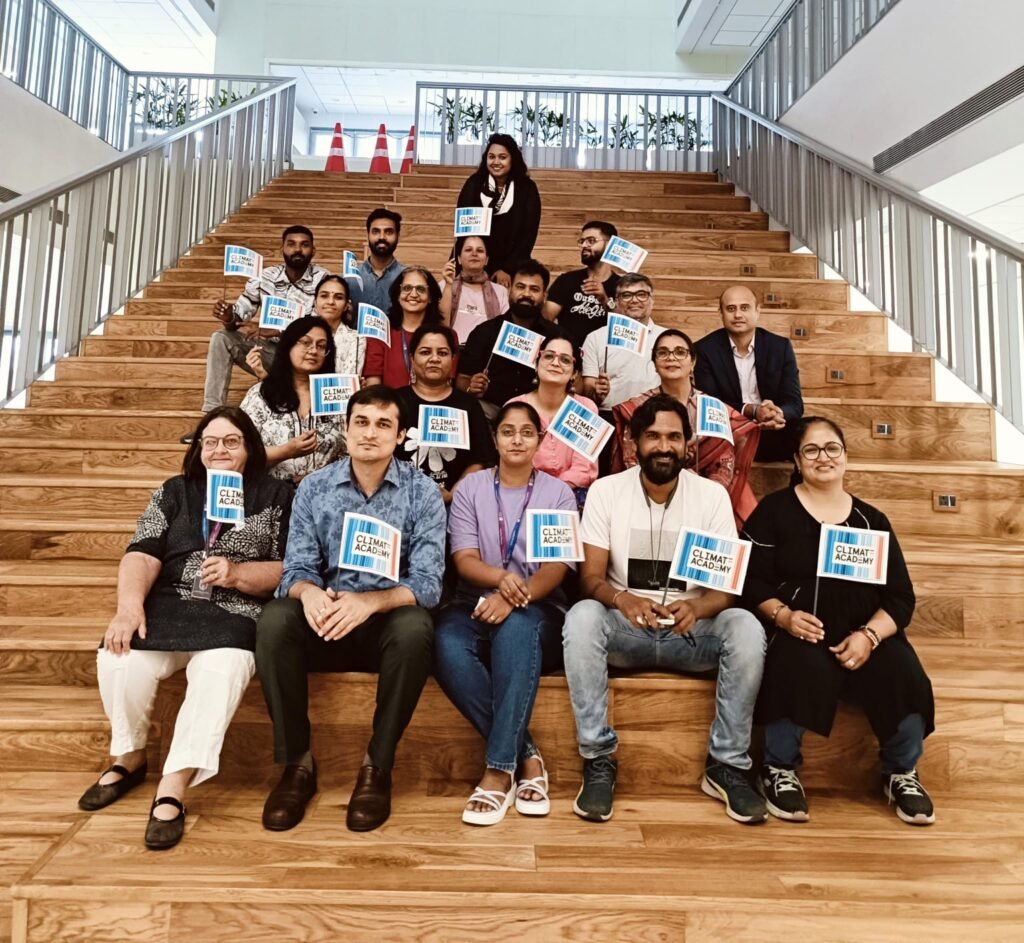
Pooja’s fresh take on teaching climate action reminded us why teachers are the best climate mentors. They inspire kids and grown-ups alike, showing that caring for the planet is timeless and it’s never too late to start. This Teacher’s Day, let Green Pistachio be your eco-mentor and guide your sustainability journey.
Follow us for daily sustainability tips and join a community committed to a greener future. And don’t forget to tag a teacher who inspired your first eco-habit and share this with them to spread the love!
About The Author
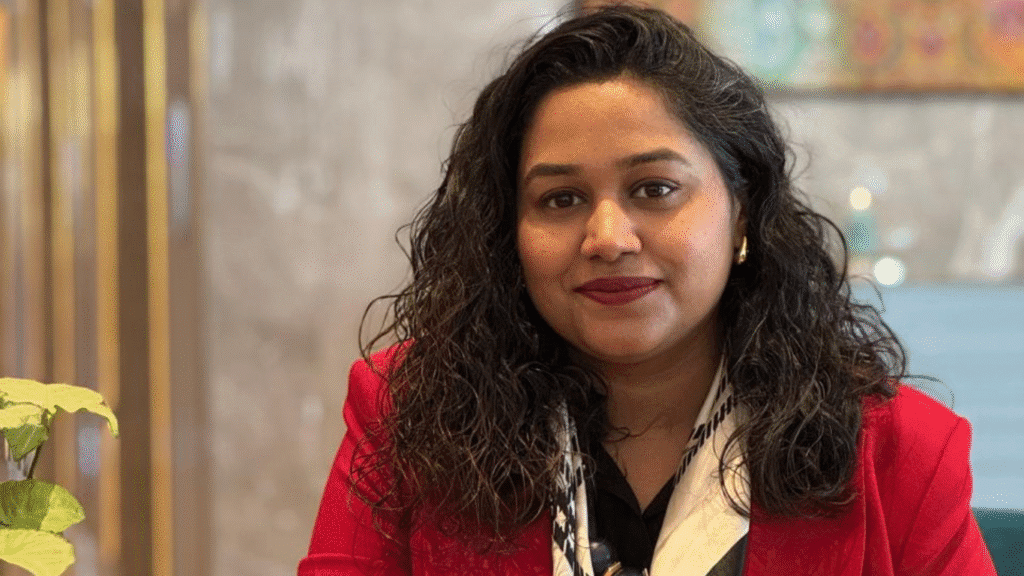
Pooja is a climate educator and global sustainability advocate, bridging knowledge and action. Passionate about teaching, she sparks awareness through education, dialogue, and movement-building to empower communities toward mindful, planet-friendly living. Like a true climate mentor, she inspires communities to learn, unlearn, and live sustainably every single day.

